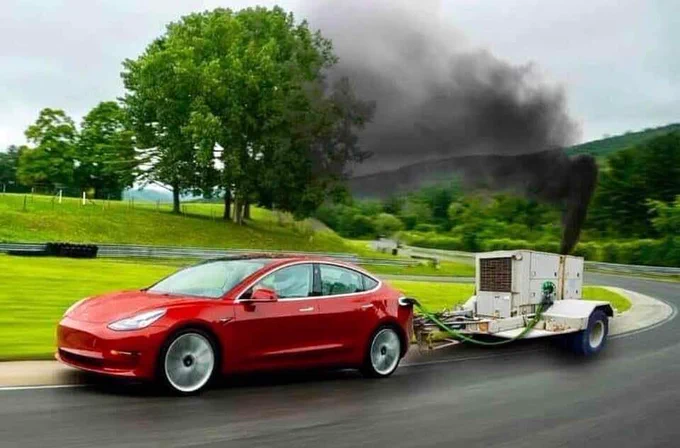While gas fires are more common, you don't have to put a car in a box full of liquid for days to stop it from burning.
As someone from a nation with a lot of car ferries that can take anywhere from 2-12 hours.... I'd rather that the sprinklers work instead of an unquenchable fire on the car deck
As someone from a nation with a lot of car ferries that can take anywhere from 2-12 hours.... I'd rather that the sprinklers work instead of an unquenchable fire on the car deck


